
Nepal’s High-Level Delegation Heads to COP29 in Azerbaijan, Focusing on Climate Action and Mountainous Regions
The 29th Conference of the Parties (COP29) to the United Nations Framework Convention on Climate Change (UNFCCC) is set to open on November 11 in Baku, Azerbaijan, running through to November 22. Nepal, a dedicated member of the UNFCCC, will be represented by a high-level delegation led by President Ramchandra Paudel, who departed on Sunday afternoon at the invitation of Azerbaijani President Ilham Aliyev.
This year, COP29 is poised to address critical topics including climate-related loss and damage, adaptation, climate finance, and issues specific to least-developed countries (LDCs). A major focus will be on the vulnerability of mountainous regions to climate impacts—an area Nepal aims to spotlight. President Paudel is scheduled to address the high-level ‘World Leaders Climate Action Summit’ on November 12. Additionally, Nepal will host a specialized high-level session on November 13, intending to draw global attention to its climate adaptation needs, especially concerning mountain ecosystems and climate finance.
Minister for Forest and Environment, Ain Bahadur Shahi Thakuri, alongside Secretary Dr. Dipak Kumar Kharal, departed for Azerbaijan on Saturday. Their delegation will join discussions on climate adaptation, damage and loss management, carbon credits, and technology transfer. Nepal’s Ministry of Forest and Environment has crafted a comprehensive position paper, emphasizing mountain climate resilience, loss and damage, and the urgent need for climate finance.
During the conference, Nepal will highlight the devastating impacts of recent floods and landslides that struck areas such as Melamchi, Mustang, Kanchanpur, Thame, and the Kathmandu Valley, events attributed to unusual and extreme weather patterns. By sharing these firsthand accounts, Nepal aims to underscore the risks faced by vulnerable regions and reinforce the importance of international climate support.
This year’s COP is especially critical for Nepal in terms of securing increased climate finance and advancing carbon credit initiatives, as well as for the nation’s ongoing work towards achieving its national adaptation plan by 2050. Past leaders, including former Prime Ministers Madhav Kumar Nepal, Sher Bahadur Deuba, and Pushpa Kamal Dahal, have represented Nepal at COP conferences, reflecting the nation’s commitment to global climate action.
As COP29 commences, Nepal’s presence reinforces its stance as a proactive voice among LDCs, calling for enhanced support, financial commitment, and technological collaboration to protect its landscapes and communities against the escalating effects of climate change.
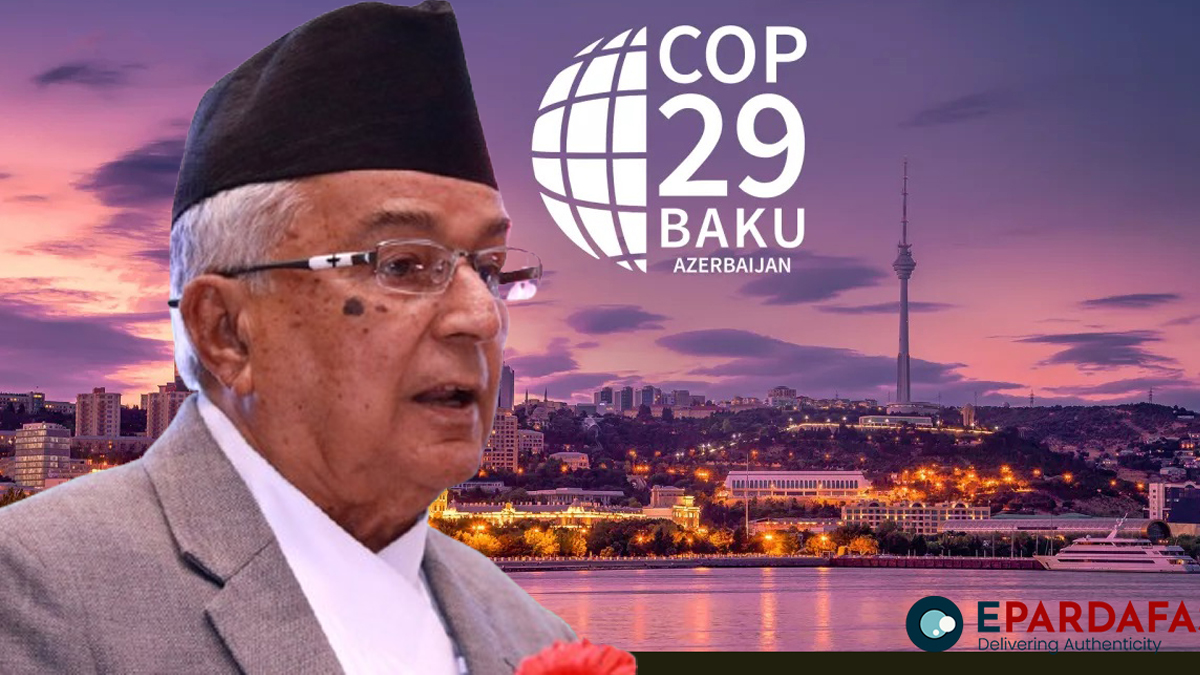

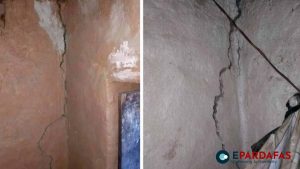
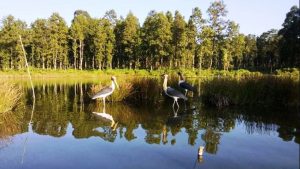
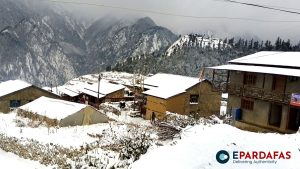
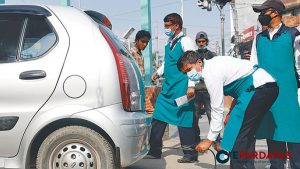







Comments